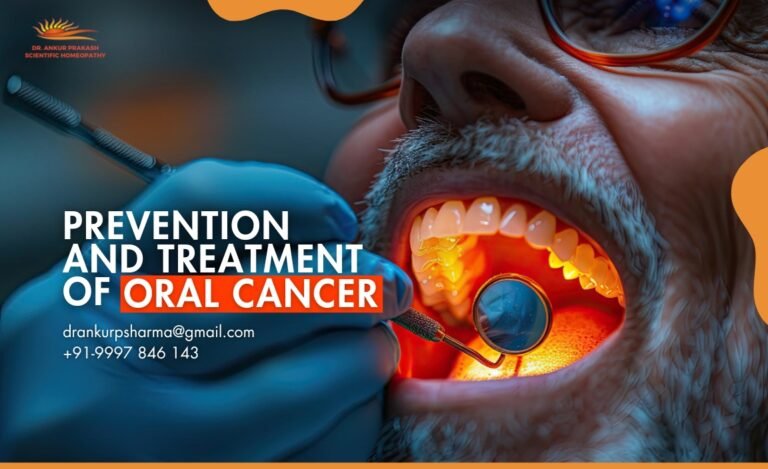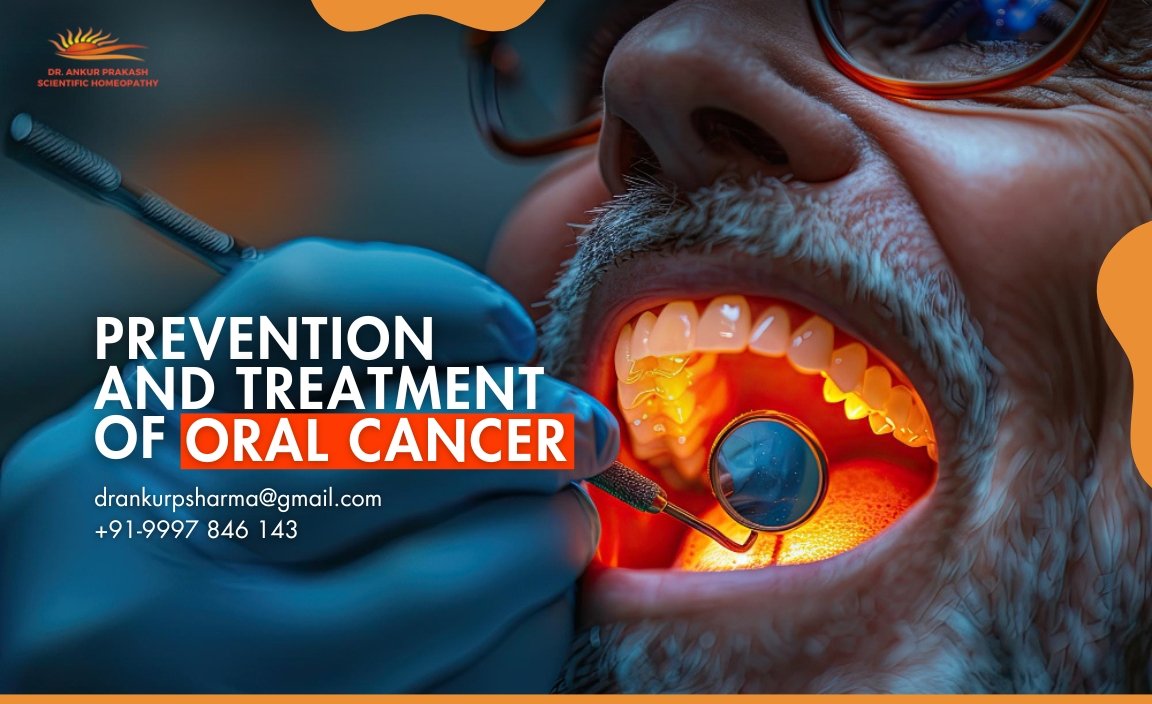
What is Oral Cancer?
Oral cancer is a serious condition where abnormal cells grow in the tissues of the mouth or throat. It can develop in areas like the lips, gums, tongue, or inner cheeks. Often caused by lifestyle factors such as tobacco use or excessive alcohol consumption, oral cancer requires early detection for effective treatment. Regular dental check-ups and awareness about oral cancer can play a vital role in maintaining oral health and preventing complications.
Oral Cancer Stages
Understanding oral cancer stages is crucial for effective treatment and recovery. Here’s a brief overview of how oral cancer and mouth cancer progress:
Stage 1: The tumor is small (less than 2 cm) and hasn’t spread to lymph nodes. Early detection of oral cancer stages at this level offers the best treatment outcomes.
Stage 2: The tumor grows between 2-4 cm but remains confined to the primary location, without lymph node involvement.
Stage 3: Cancer starts spreading to nearby lymph nodes, making treatment more complex. This is a critical stage for managing mouth cancer effectively.
Stage 4: The advanced stage where cancer spreads to distant organs or tissues, requiring comprehensive treatment approaches like surgery, radiation, or chemotherapy.
Knowing these oral cancer stages helps patients and doctors strategize better treatment options for a higher chance of recovery.
Oral Cancer Progresses Through Four Stages:
Stage 1: Cancer is small and confined to one area, with no spread to lymph nodes.
Stage 2: Tumor grows larger but remains localized.
Stage 3: Cancer begins to spread to nearby lymph nodes.
Stage 4: Advanced stage with spread to distant organs or tissues.
Understanding the stage helps determine the treatment plan and recovery chances.
Oral Cancer Last-Stage Symptoms
In the final stage, oral cancer symptoms become severe and may include:
1. Persistent mouth pain.
2. Difficulty swallowing or speaking.
3. Significant weight loss.
4. Bleeding or non-healing ulcers in the mouth.
5. Swelling in the jaw or neck.
Recognizing these signs early can help manage the condition effectively.
Causes of Oral Cancer
Key factors leading to oral cancer include:
1. Tobacco use (smoking or chewing).
2. Excessive alcohol consumption.
3. Prolonged exposure to UV rays (for lip cancer).
4. Human papillomavirus (HPV) infection.
5. Poor oral hygiene or a weak immune system.
Limiting these risk factors can reduce the likelihood of developing oral cancer.
Prevention of Oral Cancer
You can lower your risk of oral cancer by:
1. Avoiding tobacco and excessive alcohol.
2. Maintaining good mouth hygiene.
3. Wearing sunscreen for lips.
4. Eating a balanced diet rich in fruits and vegetables.
5. Scheduling regular dental check-ups for early detection.
Simple lifestyle changes and early detection are key to preventing oral cancer and maintaining overall health.
Mouth Cancer Treatment with Homeopathy
Homeopathy offers a holistic approach to managing mouth cancer by focusing on strengthening the body’s natural healing abilities. With remedies tailored to individual needs, it helps alleviate symptoms and supports overall well-being. The Homeopathic Treatment for Mouth Cancer aims to address pain, inflammation, and discomfort while enhancing immunity, making it a gentle and non-invasive alternative to conventional therapies.
In Conclusion
Oral cancer is a serious condition that requires awareness, timely diagnosis, and proper care. Understanding its stages, causes, and preventive measures can help reduce the risk and encourage early detection. Homeopathy offers a natural and supportive approach to managing mouth cancer by focusing on overall well-being and symptom relief. Stay proactive, prioritize regular check-ups, and maintain a healthy lifestyle to safeguard against oral cancer.







